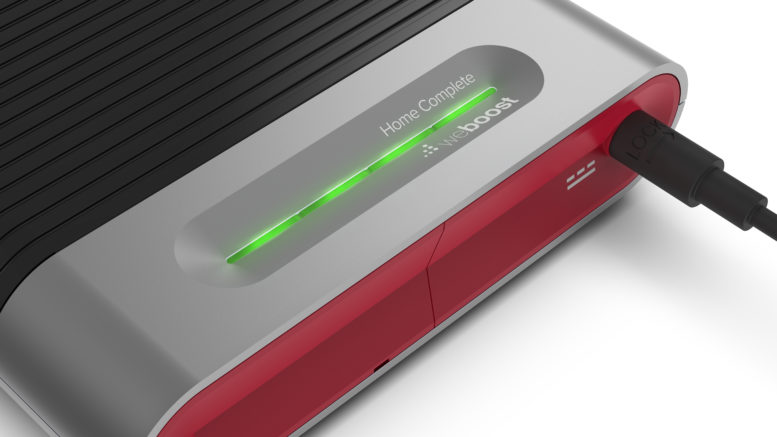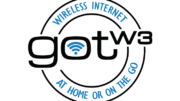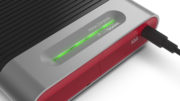A big booster in a small space can be a problem. It may seem like “more power” is always a better bet but when a cell booster is involved, more power could actually translate out to less power.
Whether you do it on purpose or by accident, too much power in a cell booster could be a problem. If the signal from one of the two booster’s antennas is so strong that the other booster can detect it, it could set up a feedback loop. You’re probably familiar with feedback loops that happens when someone is speaking into a microphone and a loud high-pitched noise starts. Imagine that happening to the entire cellular network and you get an idea of the issue at hand. A feedback loop that continues too long can actually destroy a cell tower.
But, really, you don’t have to worry about that.
Luckily, there are already protections in place to make sure that none of that happens. The first thing that will happen is that the anti-feedback circuitry in the booster will kick in and drop the power of the booster by 90% or more. Feedback in a cell booster is a serious business. It’s something the government worried about a lot in the early days of cell phone signal boosters. If feedback were to get back to the local cell tower, the tower itself could burn out or at the very least all the calls going through that tower would fail.
That’s why today’s boosters use complicated anti-feedback technology to limit the possibility of feedback getting to the cell tower. Anti-feedback technology is usually not smart enough to give you “just enough” signal, though… it’s concerned with making sure the feedback goes away. The advanced auto-gain-control technology in weBoost cellular signal boosters takes over where anti-feedback technology leaves off, constantly adjusting to offer the maximum usable power.
About cell booster registration
You must, by law, register a new residential cell booster with your cellular carrier. The carrier won’t be able to say “no” to the booster unless they can prove it will be a problem. All of our cell booster manufacturers have FCC-approved designs. Those designs are also pre-approved by the major cell carriers. The only way you would really run afoul of the carriers would be to use a heavy-duty industrial booster in something as small as an RV.
Do people actually register? I don’t know. I’ve read some articles suggesting fewer than 5% actually do. I know there’s practically no enforcement, so it’s up to you. I’m providing these links for your convenience. You don’t have to go to your carrier’s site — you can register with any of them.
If there really is a problem…
On the extremely rare chance that there is a problem between the booster and the cell tower, the carrier has the right to ask you to disable the booster and you have to comply. However with anti-feedback technology that’s not likely to happen, and in fact our Solid Signal Blog staff only has heard of one case where a cell booster even came close to posing a hazard to a tower. It was a booster not sold by Solid Signal. It was over a decade ago as well. You can use the boosters we offer with confidence.
If you have questions about cell phone signal boosters, or need help choosing one, just call! We’re here during East Coast business hours at 888-233-7563 and we’ll be happy to help! If it’s after hours, just fill out the form below. We’ll get back to you, usually within one business day.





